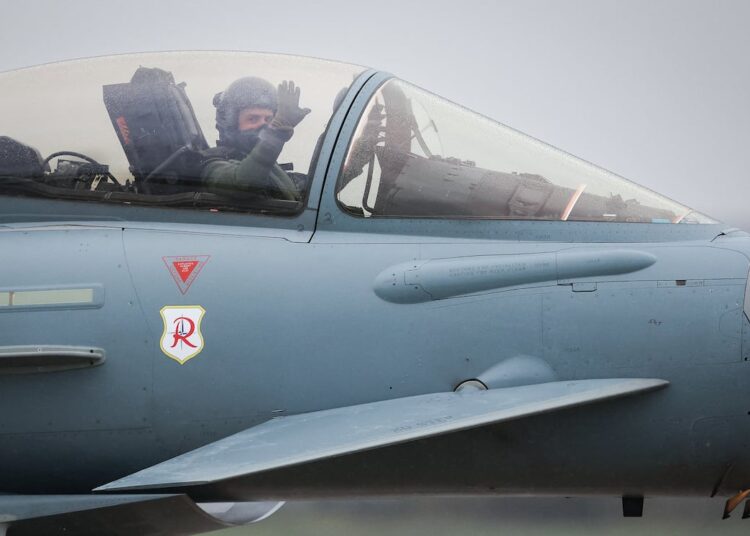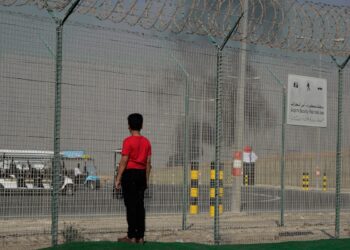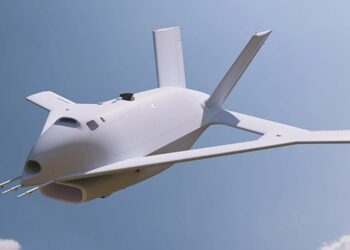**Summary of Germany’s Defense Procurement Approval**
BERLIN — Germany’s parliament has approved a significant set of defense procurements, valued over €7 billion (approximately $8.14 billion), with the acquisition of new combat jets being the most notable item on the list.
A major portion of this funding, around €3.75 billion ($4.36 billion), is allocated for the purchase of an additional tranche of five Eurofighter aircraft. This procurement will include twenty planes scheduled for delivery between 2031 and 2034. The Luftwaffe, Germany’s air force, will also receive maintenance parts and upgraded simulators, totaling €412 million.
According to German law, military purchases exceeding €25 million require parliamentary Budget Committee approval. Lawmakers had approved 14 such investment plans during the session on Wednesday.
The new tranche-five Eurofighters will feature advanced EScan radars, enhancing their capabilities, particularly in electronic warfare, and replacing the aging Tornado aircraft. An accompanying proposal aims to upgrade the Eurofighter fleet’s electronic warfare capabilities, specifically for suppressing enemy air defenses, with a budget of €1.13 billion, expected to be completed by 2033.
Notably, this Eurofighter purchase will be financed through the military’s standard budget rather than the special €100 billion fund established by the previous government following Russia’s invasion of Ukraine.
Additional approved projects to be funded from the special defense fund include new Boxer armored vehicles for training and medical operations, the production of light, air-droppable combat vehicles, and the development of a new pontoon bridge for river crossings. Furthermore, the navy will benefit from new medium-range boats for maritime special forces and the acquisition of mine-hunting sonar systems.
Since the beginning of the year, the budgetary committee has greenlighted 25 major procurement projects as Germany aims to strengthen its military capabilities and establish itself as the premier conventional army in Europe.
**About the Author**
Linus Höller is the Europe correspondent for Defense News and an OSINT investigator. He reports on arms deals, sanctions, and geopolitical developments in Europe and globally. He holds master’s degrees in WMD nonproliferation, terrorism studies, and international relations, and is fluent in English, German, Russian, and Spanish.













